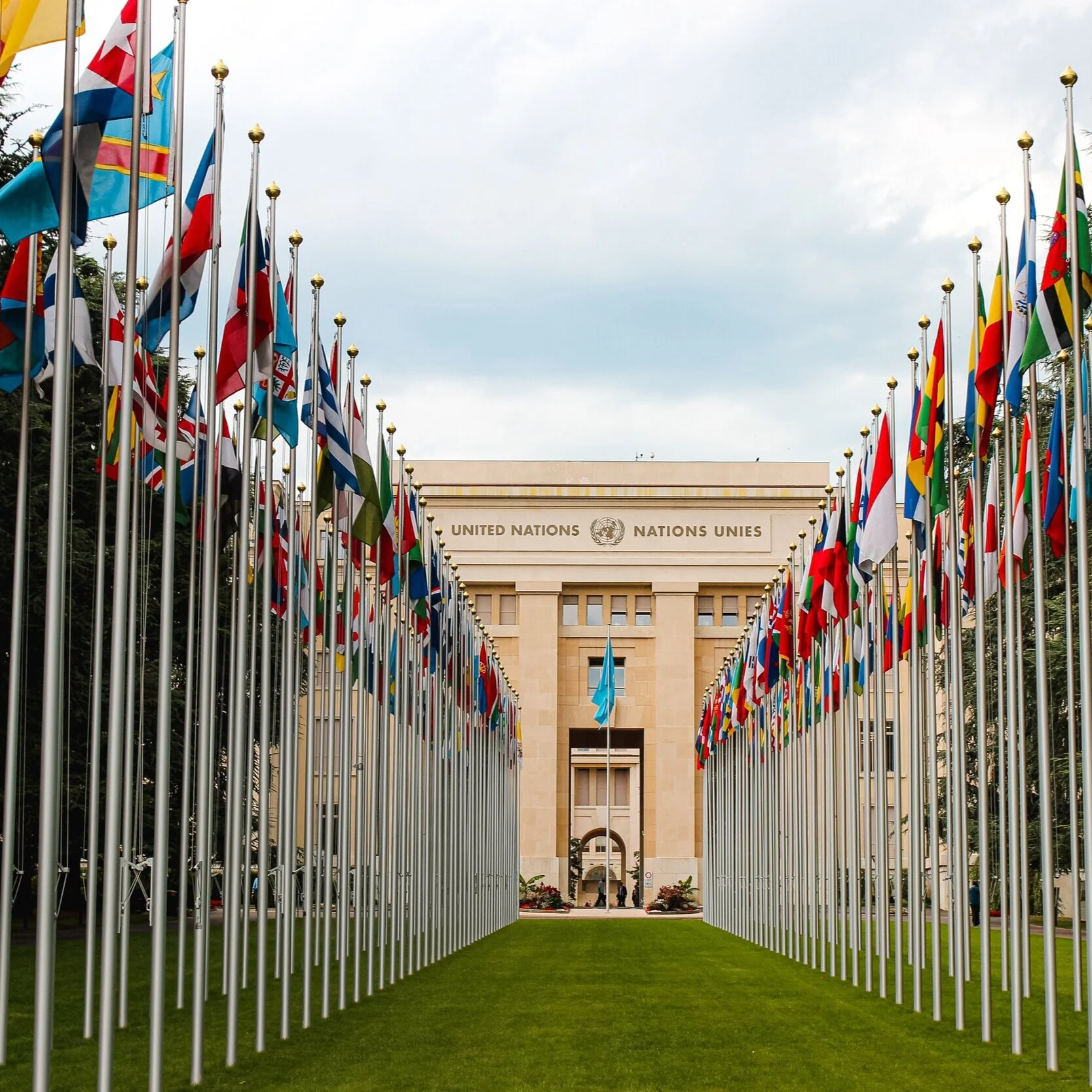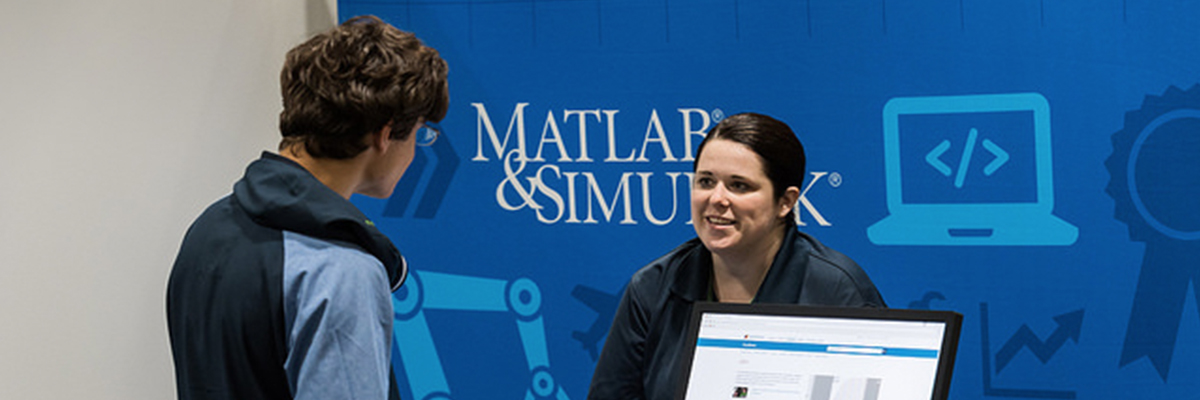iGEM and the Value of Responsibility
Contributed by Svenja Vinke, Christopher M. Whitford, and Hassnain Qasim Bokhari
Every year, hundreds of teams from around the world participate in the iGEM Competition. The projects these teams work on are just as diverse as the participating iGEMers themselves, and clearly reflect the different backgrounds and local influences teams bring to the projects. As the teams develop and design their projects, they have to consider how their projects affect the world, and how the world affects their projects as part of Human Practices. This analysis is multilayered and each project is individual in its application, scope, and local background, which usually ends up being a great part of each project. Teams need to analyze possible implications of their projects which include, among others, societal, ethical, and safety & security issues. This is one of the greatest lessons iGEMers can learn from participating in the competition. How do you analyze and understand the implications of your project? How can you increase public beneficence while minimizing possible negative implications? Given the continuous participation of Bielefeld-CeBiTec in the iGEM Competition since 2011, extensive experience in this area was gained by iGEMers from Bielefeld University over the years and passed on to following teams. Two papers dealing with synthetic biology ethics at iGEM, biosafety systems and how iGEM teams have contributed to them, and the membership of several alumni in iGEM committees are a few examples of how Bielefeld-CeBiTec has engaged with the social issues of synthetic biology and how iGEM has taught us the importance of “thinking beyond the lab.”
But how does iGEM create awareness for the importance of responsible research and innovation and how to evaluate the implications of one’s project? And why does iGEM play such an important role in teaching students this importance and the required tools?
Cotton field in Chihuahua, Mexico. Team Tec-Chihuahua 2019 interviewed stakeholders to fight a fungal disease harming local crops.
For this, it is important to emphasize that iGEM is for many students the first time they are solely responsible for an entire project. This in itself is very unique and very few students get this chance during their normal studies. Most projects students participate in during their studies were planned by PhD students, PostDocs or PIs, and students usually are not responsible for analyzing the societal, ethical, and biosafety and biosecurity issues associated with such projects. Furthermore, most iGEM projects are trying to solve real-world problems, and many iGEM teams already developed detailed go-to-market strategies. Hence, iGEMers are often working on projects that are designed to make the leap out of the laboratory and into a real-world application. In addition, some believe that the iGEMers of today will be important voices in the synthetic biology field in the future, and hence will play an important part in shaping the future of this emerging field of research. To teach students the importance of analyzing the impacts of their projects and how to ensure that they are safe and good for the world is one of the best tools to ensure that future synthetic biology projects will be able to have a positive impact on the world.
Therefore, it is important that each iGEM team analyzes how its project affects the world, and how the world affects the project. This is being done within the Human Practices framework, which sets clear rules for how teams need to perform this analysis, but also offers clear guidelines teams can follow.
First introduced in 2008, it has been 12 years since Human Practices has become an integral part of the iGEM Competition. Over these 12 years, not only has Human Practices constantly evolved, but by incentivizing the efforts of teams in its helm, iGEM has been able to promote a more holistic approach to good molecular biology research. The term “Human Practices” was first coined by the Synthetic Biology Engineering Research Center (Synberc) as a defining part of its policy and practices thrust. In 2008 it was introduced as a gold medal criterion and a special prize. In order to further engage teams and acknowledge their efforts in coupling the technical and social elements of synthetic biology, a silver medal element of Human Practices was introduced in 2013. In 2015, the Human Practices special prize was separated into two distinct but related prizes: Best Integrated Human Practices and Best Education & Public Engagement and in 2017 it became an integral part of the judging criteria.
Team TU Delft visited Tjerkje Poppinga (farmer) to know more about Mastitis, one of the two most common diseases on the farm.
Most iGEM projects focus on solving important real-world problems, while some develop new technologies without a previously identified use case. In both cases, teams are required to deal with the societal implications of their projects through the Human Practices part of the competition. This involves reaching out to stakeholders, which usually includes experts and the general public, risk assessments, and the evaluation of environmental, economical, ethical, and societal impacts. As stated in the guiding principle, "Human Practices is the study of how your work affects the world, and how the world affects your work,” engaging in Human Practices is not a one way street. Instead, teams are encouraged to adapt the design of their projects along with their Human Practices work, based on stakeholder feedback, surveys, and evaluation of societal impacts. Many teams also start their projects based on unmet needs identified through Human Practices, which then evolves as more feedback is gathered. A great example for this is the Human Practices work of team TU Delft 2017. The team learned about a disease on nearby cow farms and worked closely with farmers, researchers, and veterinarians to design a diagnostic tool that could be used by the farmers themselves for on-site testing.
For many teams, ethical considerations become a big part of their Human Practices work. This can be observed especially for teams developing new foundational technologies. The Bielefeld-CeBiTec 2017 team worked on expanding the genetic code through incorporation of two new unnatural base pairs and non-canonical amino acids. To understand the ethical implications of this kind of research, the team reached out to many scientists, bioethics experts, philosophers, as well as religious representatives, to discuss the implications of an expanded genetic code. Furthermore, a survey was conducted to include the opinion of the general public. All these results were summarized in a report on the risks and implications of an expanded genetic code. Members of the same iGEM team later published a paper titled “Synthetic Biology Ethics at iGEM: iGEMer Perspectives,” describing how synthetic biology ethics are approached through the Human Practices work in the iGEM Competition and highlighting how the iGEM Competition inspires participants to engage with these topics beyond the competition.
Another area in which iGEM promotes responsible research and innovation through its activities is Biosafety and Biosecurity. The Biosafety and Biosecurity part of iGEM is not just submitting the safety form. We need to go beyond! Something iGEMers from Bielefeld and all over the world have proven several times in the competition.
One of the examples how Bielefeld contributed in this field is the paper “Auxotrophy to Xeno-DNA: an exploration of combinatorial mechanisms for a high-fidelity biosafety system for synthetic biology applications” which was a review on the biosafety systems developed and applied by the students participating in the iGEM Competition and others found in literature.
Synthetic Biology has seen rapid progress during the last decade. As the field continues to grow, important questions pertaining to “biological circuits” and “biological chassi,” which may potentially have harmful consequences, have risen. The risks involve the accidental release of infectious agents, toxins, or the horizontal gene transfer of parts which may contaminate the gene pool.
The paper looked at different biological containment systems which, in part, have been developed by iGEM teams over the last few years to ensure safe development and use of not only artificial auxotrophies, but also more sophisticated systems such as complicated kill switches, minimal genomes and xenobiology-based containment systems. The work of many iGEM teams was highlighted and all biosafety parts in the Registry of Standard Biological Parts are summarized in one table.
Team SCUT FSE 2017 learning about corporate biosafety practices. They analyzed laws, regulations and practices in China, the EU, and the US.
For example, the 2013 Bielefeld team developed a D-alanine auxotrophy biosafety system, which the 2014 team later used for antibiotic-free selection. Lastly, few projects that highlighted the application of xenobiology by iGEM teams in the review articles included Paris Bettencourt 2012 team’s development of a semantic containment part based on an amber (UAG) mutation in the gene conferring kanamycin resistance (BBa_P1003) to prevent the horizontal gene transfer of the kanamycin gene and Bielefeld CeBiTec 2017 team’s project in which they incorporated isoguanosine (isoG), and 5-methyl-isocytosine (isoCm), and non-canonical amino acids in the genomic code.
But not only is Biosafety of high importance to the teams. The iGEM Teams from Bielefeld-CeBiTec 2015 & 2018 highlighted the importance of the awareness on Dual-Use Research of Concern, an important part of Biosecurity. Dual-Use Research of Concern (DURC) describes work in the life sciences that can be directly misused by third parties to cause extensive harm to humans, animals, plants, or the environment. The team from 2018 created several outreach programs to raise the awareness of DURC to help prevent the risks of loss of trust in scientists, unwitting publication of critical content, and the stricter regulation of research.
When it comes to Human Practices, one of the biggest advantages of the competition becomes one of the biggest challenges: the complexity of the competition. iGEM teams usually have a very tight timeframe to realize their projects, forcing them to prioritize certain aspects. This could cause some teams to focus on the wetlab part of their project and as a result have limited bandwidth to pursue as thorough a Human Practices component as they might have wished.
The complexity of Human Practices and the fact that most iGEMers deal with these aspects for the first time within the iGEM competition, might be a challenge on its own for teams with no iGEM alumni. Especially for new teams, it can be difficult to understand the concepts behind Human Practices, which in some cases results in teams barely meeting the required deliverables, instead of using Human Practices to lift their project to the next level. Both the Human Practices and the Safety and Security Committee try to tackle these challenges by providing outreach projects, contact persons, and highlighting previous iGEM projects as examples. These efforts are definitely necessary to ensure that all iGEM participants learn the value of responsibility through the Human Practices component of the competition.
All in all, iGEM makes us better scientists in–and beyond–the lab. Through the Human Practices part of the competition, participants are encouraged to design projects that are responsible and good for the world, which is a lesson most young researchers would not learn to this extent in a conventional educational environment. The several examples of good Human Practices work from young researchers from Bielefeld University and all over the world highlight how iGEM inspires the next generation of synthetic biology researchers to engage in this area. By doing so, iGEM helps to teach students an important aspect of modern research: the value of responsibility.










